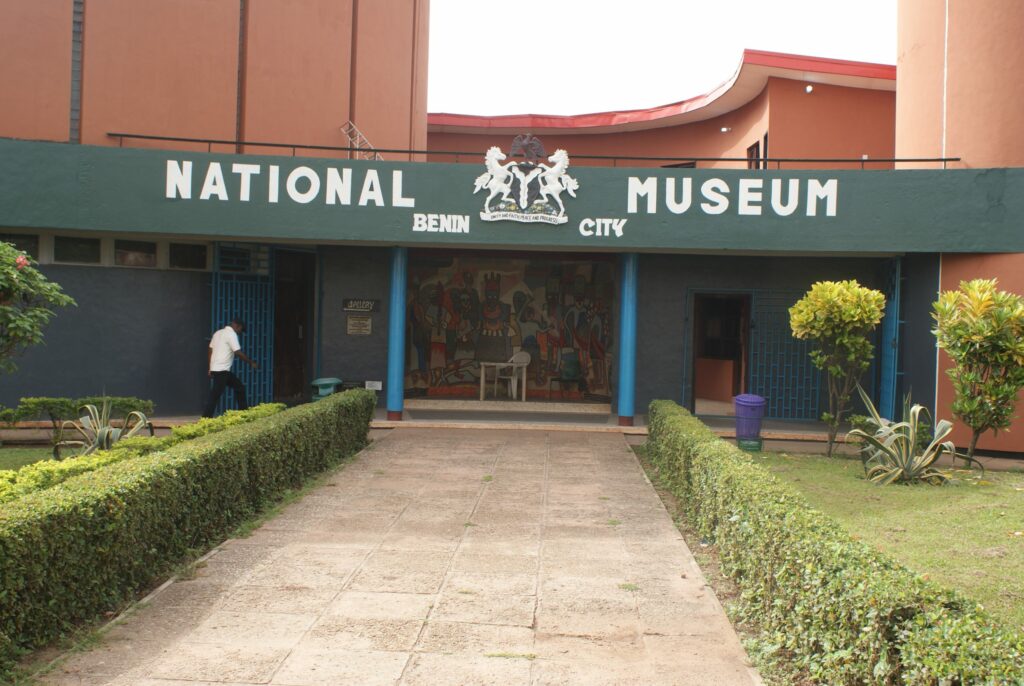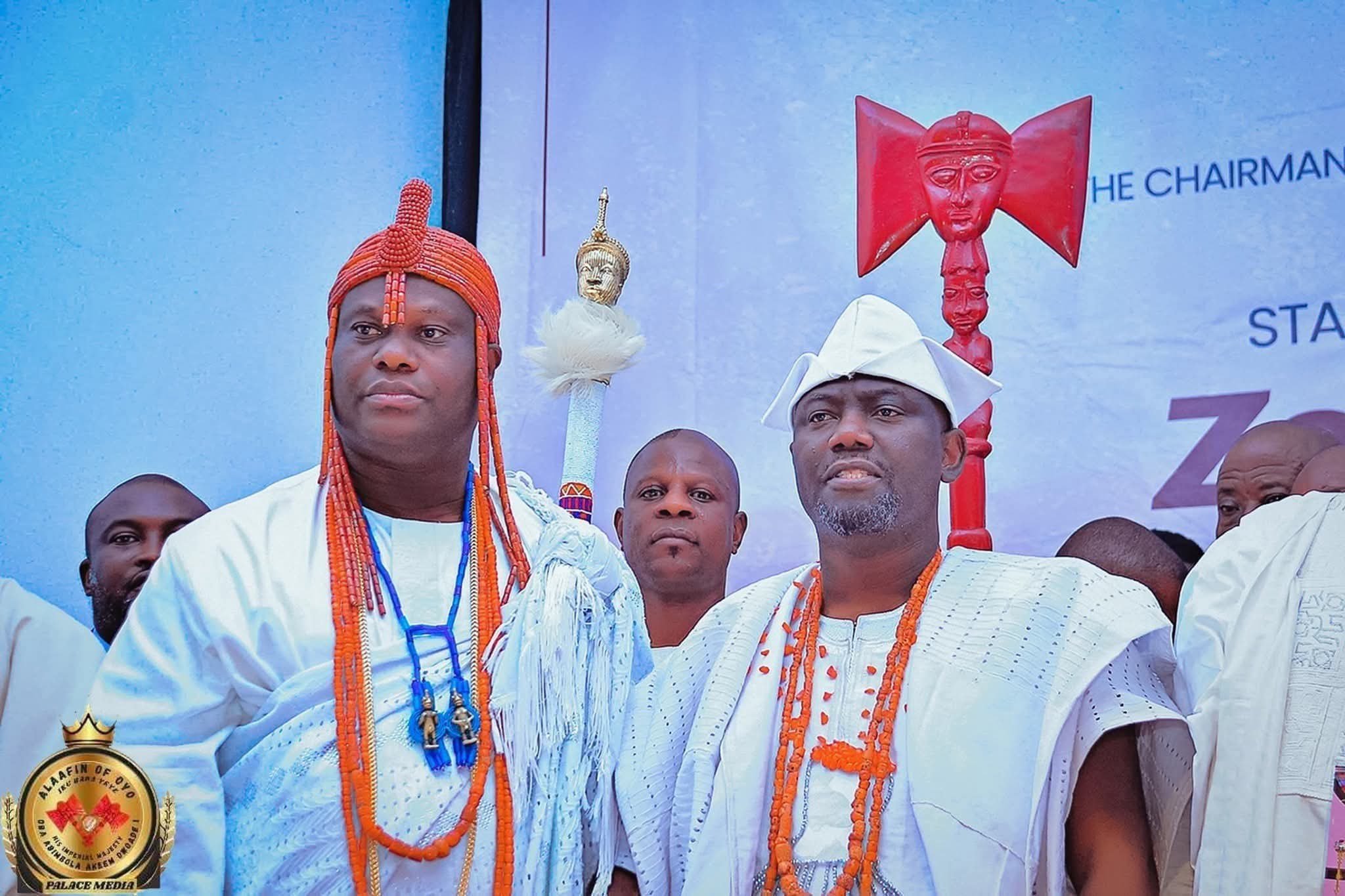On World Food Day 2025, experts urge Nigeria to document and promote its indigenous cuisines for UNESCO Intangible Cultural Heritage recognition
Every year on 16 October, the world celebrates World Food Day — a global reminder of our shared duty to ensure food security, protect culinary heritage, and nourish both people and planet.
The 2025 theme, “Hand in Hand for Better Foods and a Better Future,” underscores the urgency of collaboration, sustainability, and cultural pride in transforming food systems.
For Nigeria, this moment calls for more than reflection; it demands action — a renewed commitment to tell our food stories, preserve indigenous cuisines, and spotlight our culinary treasures for UNESCO’s Intangible Cultural Heritage (ICH) list.
A Missing Piece in Global Culinary Heritage
Despite Nigeria’s rich food legacy, no Nigerian dish currently sits on UNESCO’s global ICH list — a catalogue where nations immortalise their traditional cuisines.
This omission raises a critical question: why has Nigeria not yet earned a place at that global culinary table?
UNESCO’s ICH list currently features about 30 traditional foods from various countries. In December 2024, for instance, Attiéké, a cassava delicacy from Côte d’Ivoire, was newly added. Yet, Nigeria — with over 300 ethnic cuisines and a population exceeding 250 million — remains absent.
The reason lies not in flavour but in documentation and policy. Without structured research, coordinated advocacy, or a national strategy linking food, culture, and tourism, Nigerian dishes remain invisible in global heritage conversations.
Food as Identity, Economy, and Diplomacy
Food is more than nourishment — it is memory, identity, and history. Across the world, countries like France, Mexico, Italy, Japan, and India have turned their traditional cuisines into global exports, strengthening tourism and national branding.
Their governments recognise food as cultural diplomacy, a soft-power tool that tells the world who they are.
Nigeria, with its culinary diversity — from Party Jollof to Egusi Soup, Tuwashinkafa, Nsala, Abacha, Ewedu, and Suya — can do the same.
Each dish tells a story of migration, adaptation, and unity. What is missing is a coordinated national effort to preserve, document, and promote them.
Bridging the Heritage Gap Through Research and Policy
My ongoing PhD research, titled “From Pot to Heritage: Digital Media Narratives, Documentation and Preservation of Nigerian Culinary Traditions for UNESCO’s Intangible Cultural Heritage List,” seeks to fill this gap — by digitising food traditions, turning oral culinary histories into tangible evidence for global recognition.
Through food journalism, culinary storytelling, and digital preservation, Nigeria can position its cuisine as a symbol of unity and innovation.
But this requires a National Food Heritage and Tourism Policy linking agriculture, culture, and creative industries — one that could boost GDP, empower farmers, and attract investment.
Collaboration is key. The Ministries of Culture, Agriculture, Information, and Trade should partner with UNESCO, academia, and major food brands such as Nestlé, Dangote Foods, and Golden Penny to fund culinary documentation and promote Nigerian dishes globally.
A Call to Action for World Food Day 2025
In the spirit of this year’s theme, “Hand in Hand for Better Foods and a Better Future,” World Food Day must mark a turning point — from mere celebration to preservation and projection.
Nigeria’s food story must be told, taught, and tasted worldwide. Government, researchers, chefs, media, and farmers all have a role to play.
By securing a place for Nigerian cuisine on the UNESCO Intangible Cultural Heritage list, we are not merely preserving recipes — we are cooking a legacy that will feed both body and soul for generations to come.

 Business3 years ago
Business3 years ago
 Events3 years ago
Events3 years ago
 Culture3 years ago
Culture3 years ago
 Events3 years ago
Events3 years ago
 Culture3 years ago
Culture3 years ago
 Events1 year ago
Events1 year ago
 Paranormal3 years ago
Paranormal3 years ago
 Events2 years ago
Events2 years ago


































